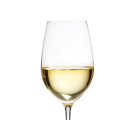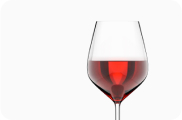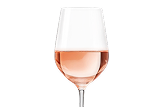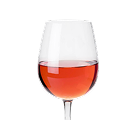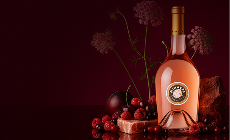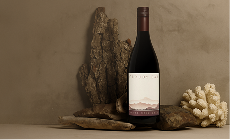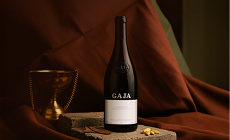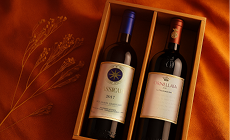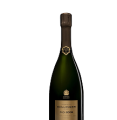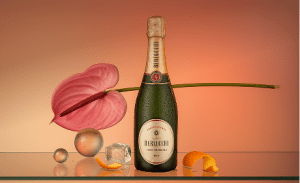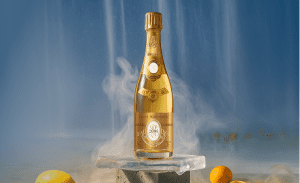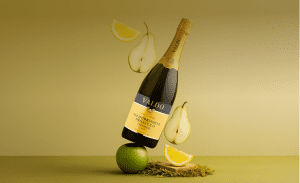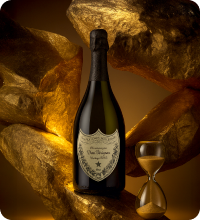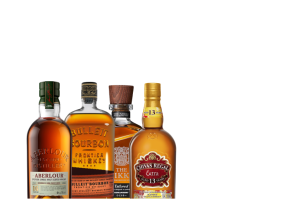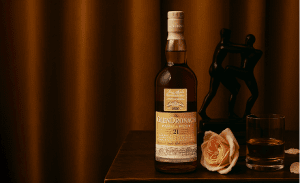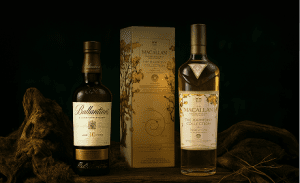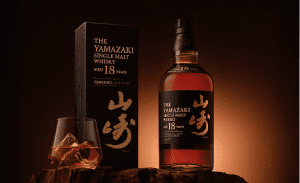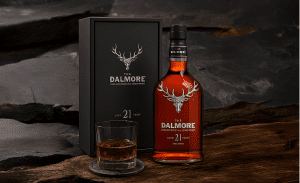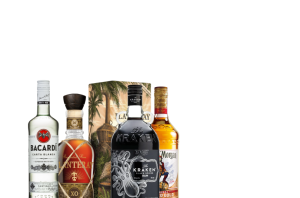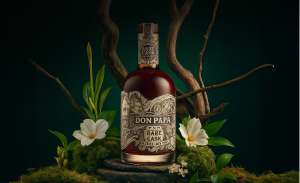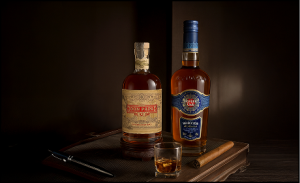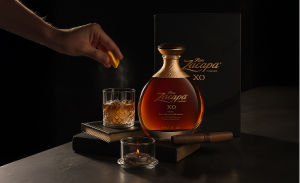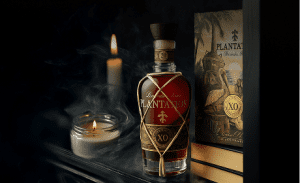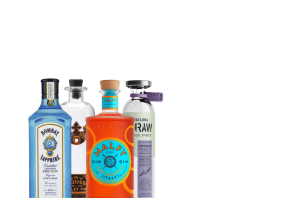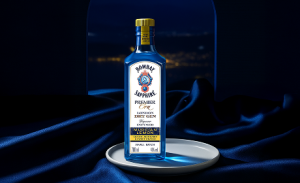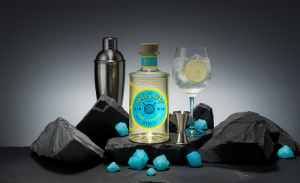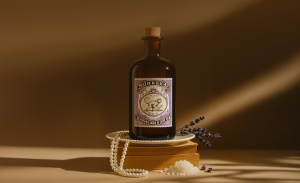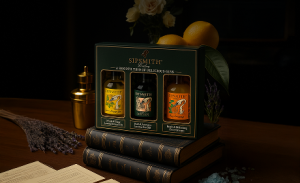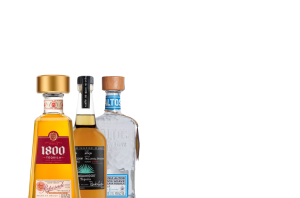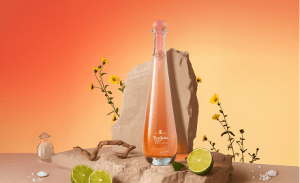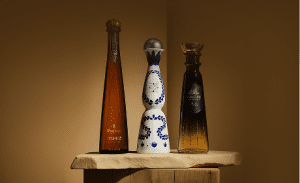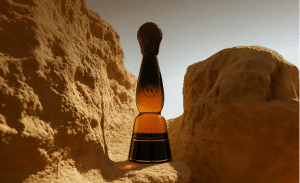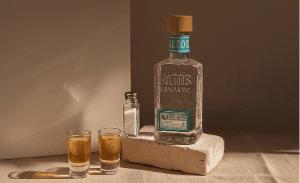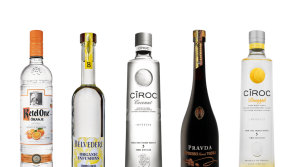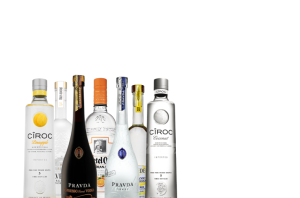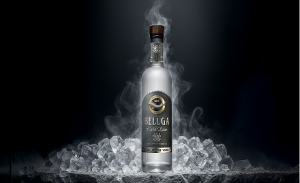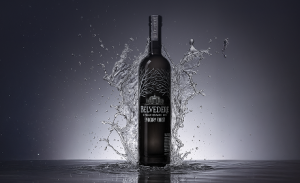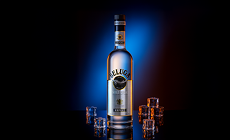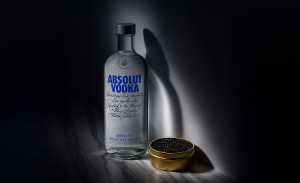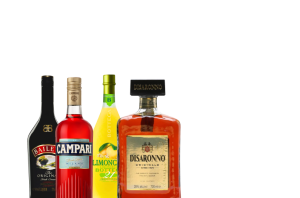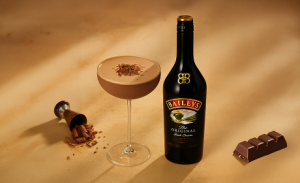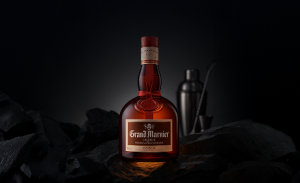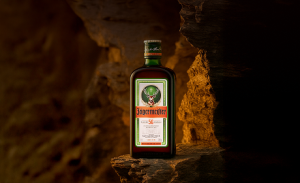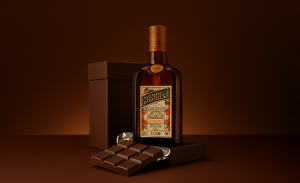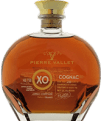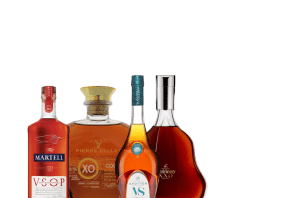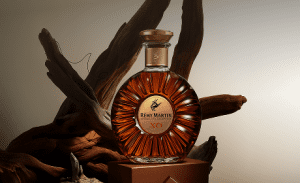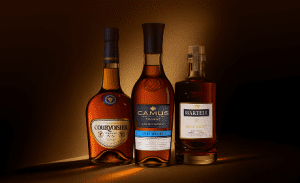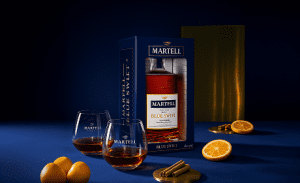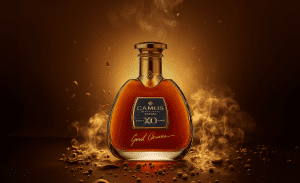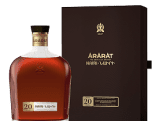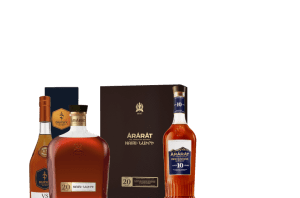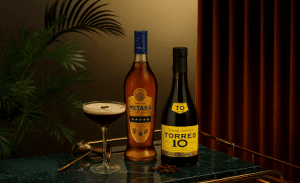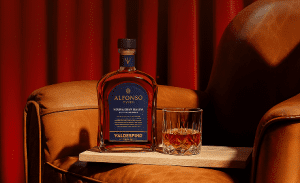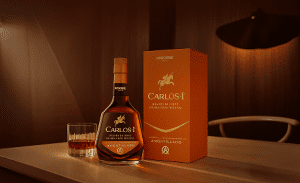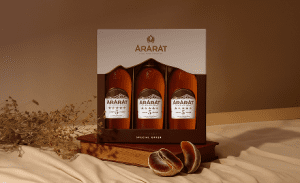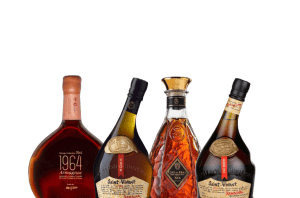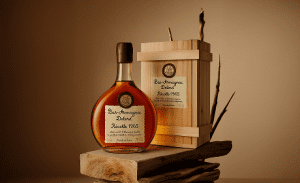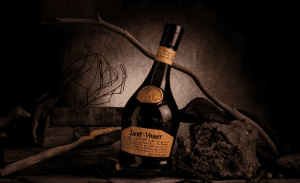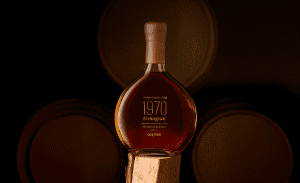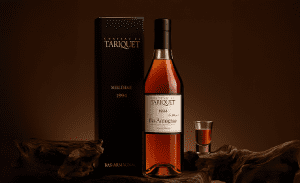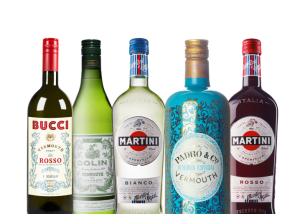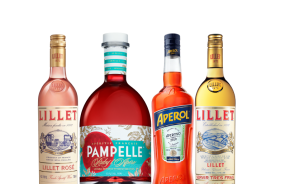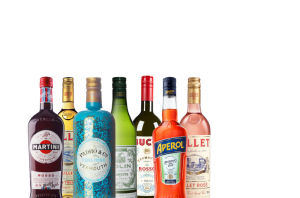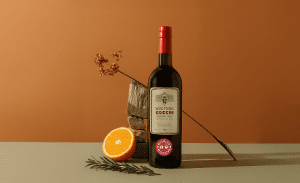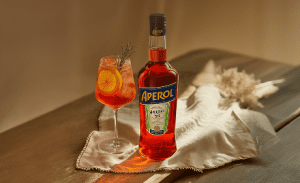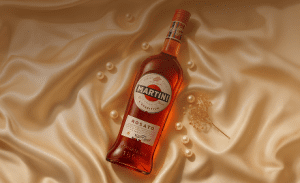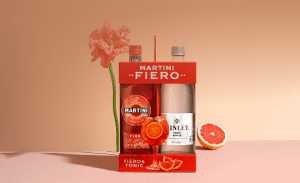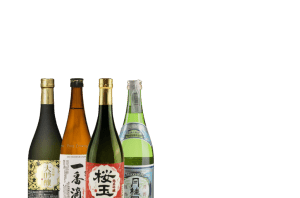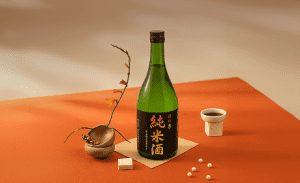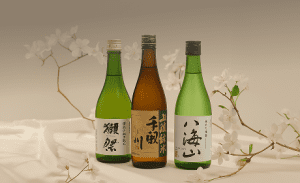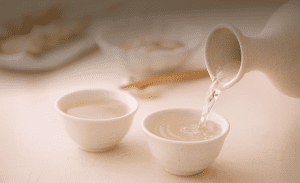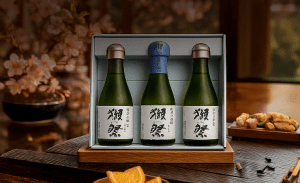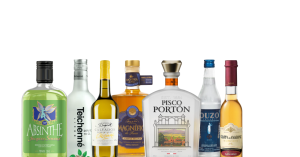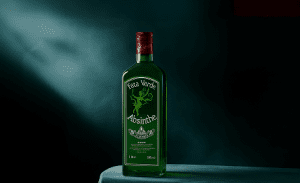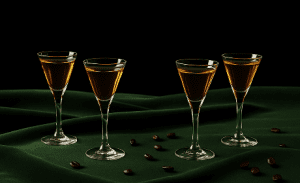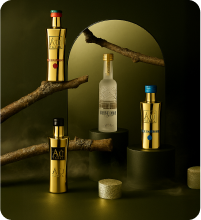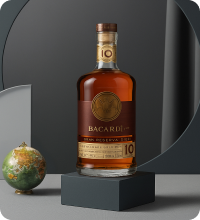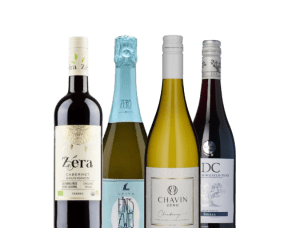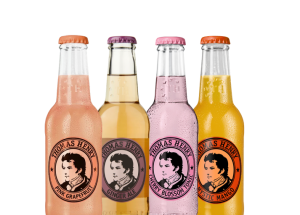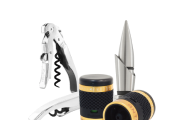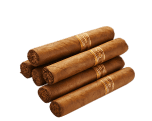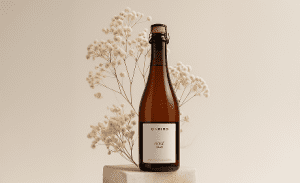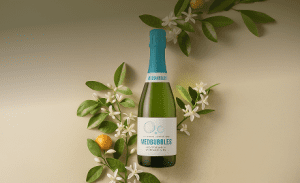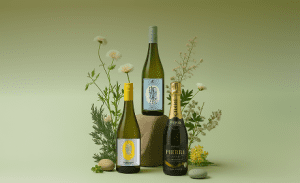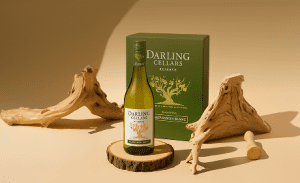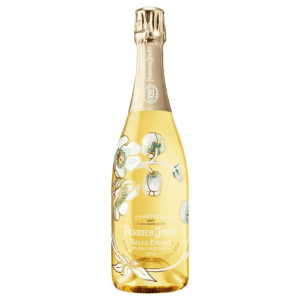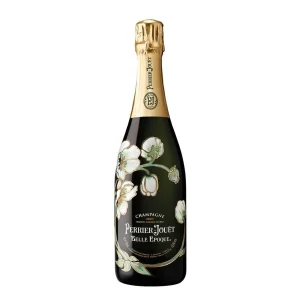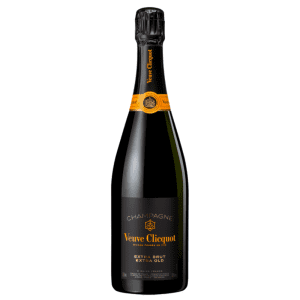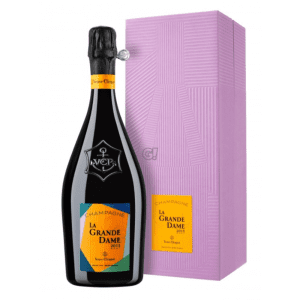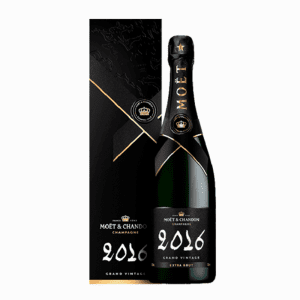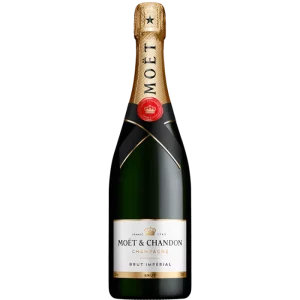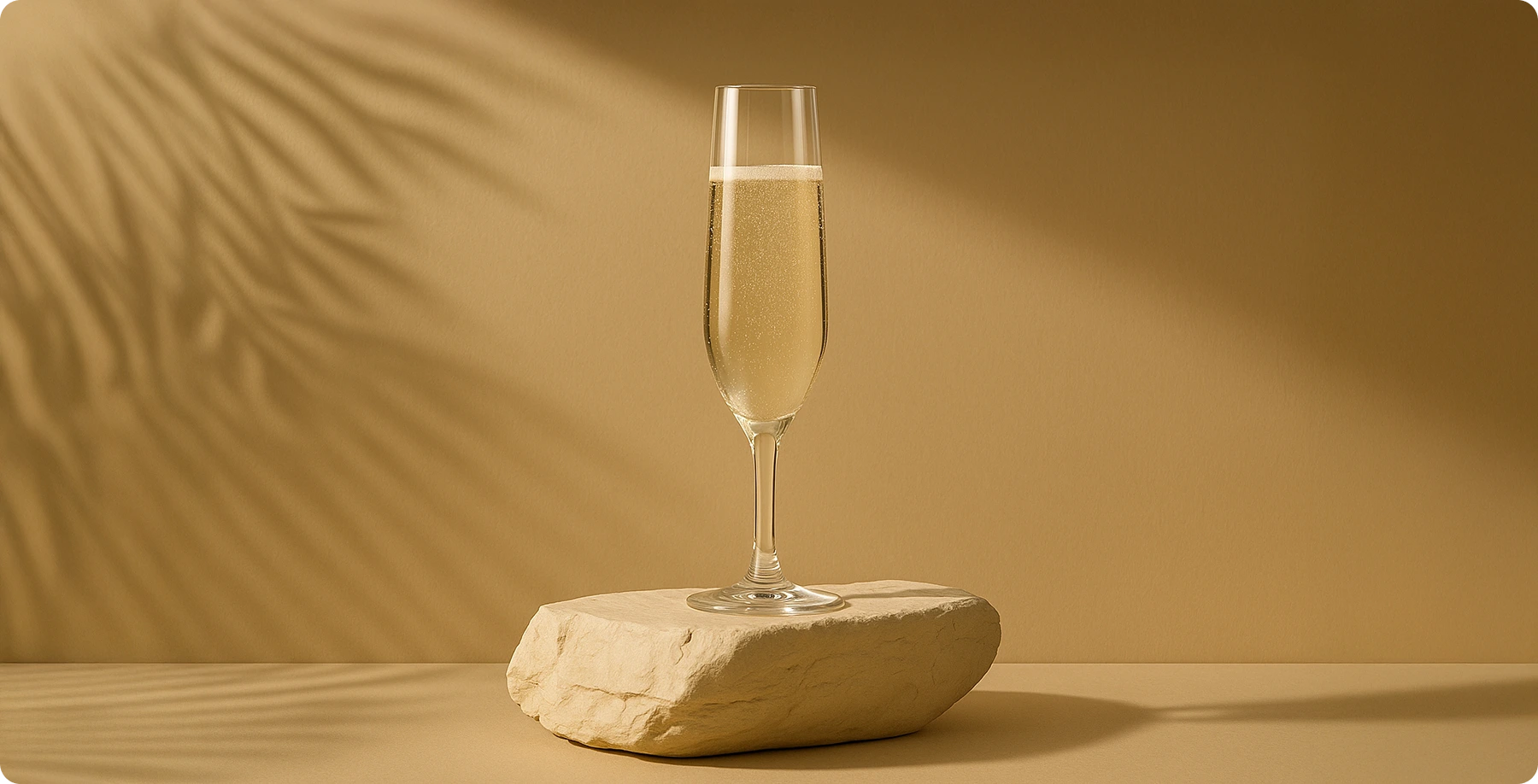
Champagne is a luxury beverage originating from the French region of Champagne. Its exceptional status comes from strict production regulations — only sparkling wines made in this region and under these rules can be called champagne. The production process, known as the traditional method, includes a second fermentation in the bottle, which creates its signature bubbles.
Champagne differs from other sparkling wines, such as Prosecco or Cava, primarily in its production method and region of origin.
Is Prosecco the same as Champagne?
This question often arises when discussing sparkling wines. While both have bubbles and a crisp taste, they are entirely different drinks. Prosecco originates from Italy and is produced using the Charmat method, where the second fermentation occurs in tanks rather than bottles.
Key differences:
- Origin: Champagne – France (Champagne); Prosecco – Italy (Veneto).
- Production method: Champagne – traditional method; Prosecco – Charmat method.
- Price: Champagne is usually more expensive due to its complex production process.
Both drinks are great for celebrations, but the choice comes down to budget and taste preferences.
How strong is champagne?
Champagne typically contains between 11% and 12.5% alcohol, making it lighter than many other spirits, such as whisky or vodka. Its delicate character and moderate alcohol content make it a perfect choice for toasts at weddings or New Year’s Eve parties.
For comparison:
- Champagne: 11–12.5%
- Prosecco: 10–11.5%
- Cava: 11–12%
If you’re looking for a drink for a special occasion, champagne is always an elegant and versatile option.
Which champagne to choose for a wedding?
 A wedding is a unique celebration that calls for the right drink. When choosing champagne, consider the number of guests, your budget, and flavor preferences. Brut champagnes are the most popular choice because their dry style pairs well with a wide range of dishes.
A wedding is a unique celebration that calls for the right drink. When choosing champagne, consider the number of guests, your budget, and flavor preferences. Brut champagnes are the most popular choice because their dry style pairs well with a wide range of dishes.
Suggestions for weddings:
- Perrier-Jouët Grand Brut: classic and elegant.
- Moët & Chandon Impérial Brut: a versatile choice for significant events.
- Veuve Clicquot Brut: iconic luxury and sophistication.
As a general rule, plan about one bottle for every three guests for the toast.
Does champagne expire?
Unlike many other spirits, champagne isn’t meant for extended storage. An open bottle should be enjoyed within a few hours to keep its freshness and bubbles. Whether sealed or opened, champagne should always be stored in a cool, dark place to maintain its quality.
Summary
Champagne is more than just a drink — it’s a symbol of elegance and memorable moments. Whether you’re serving it at a wedding, New Year’s Eve, or a romantic dinner, the right choice of champagne will make any occasion unforgettable.
Discover our collection of champagnes at FineSpirits.pl and find the perfect bottle for your special occasion!
Visit FineSpirits.pl and take advantage of our special offers on selected champagnes today!

